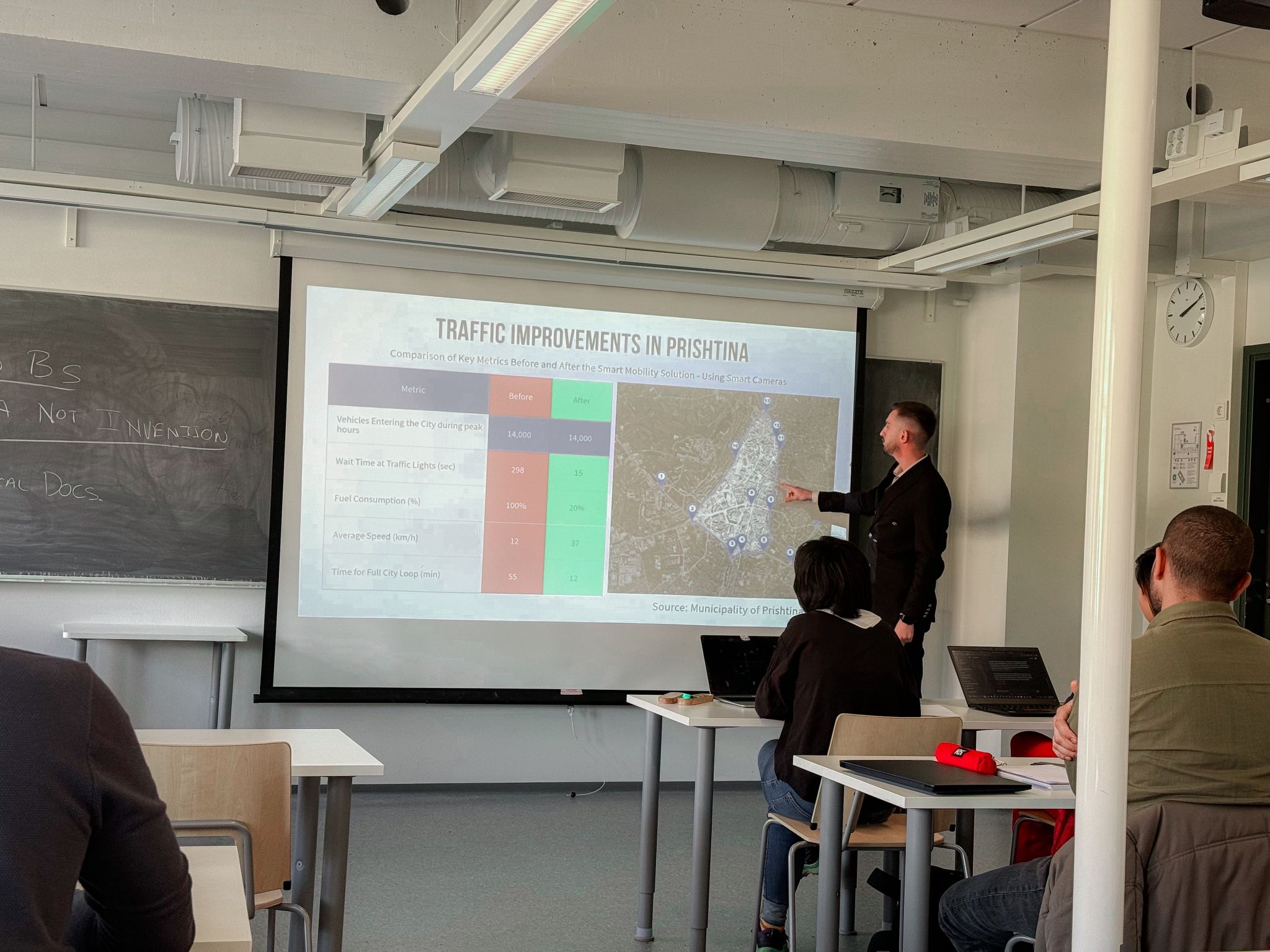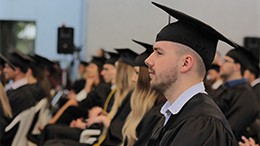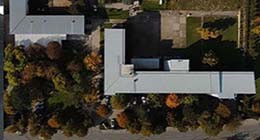CIT RITK Team Visits University of Vaasa in Finland to Explore Smart Mobility Solutions for Kosovo
October 4, 2024 – Vaasa, Finland
Dr. Debabrata Samanta and sophomore student Linor Gashi from RIT Kosovo were key presenters during the CIT RITK team’s research visit to the University of Vaasa and the VAMK institution in Finland. The visit began with a tour of the Technobothnia Research Center, a collaborative hub operated by three Finnish educational institutions: VAMK, the University of Vaasa, and Novia University of Applied Sciences.
During their stay, hosted by Miadreza Shafie-khah, Shekhar Satpute, and Joel Songok, the RITK team was introduced to various cutting-edge laboratories. These included the Physics Laboratory, Environmental Engineering, Mechanical Engineering, Information Technology Lab, Electrical Engineering, and others. The labs presented potential opportunities for future research collaborations between RIT Kosovo and the Finnish institutions. The visit marked a promising step toward fostering international academic partnerships in fields like smart mobility and engineering.
After the lab tours, the professors guided the RITK team through the University of Vaasa and VAMK campuses, showcasing the educational facilities and highlighting opportunities for collaborative projects. The RITK team witnessed firsthand how Finland integrates advanced educational technologies across disciplines.
The highlight of the visit was a special session in Shekhar Satpute’s Master’s class, where the RIT Kosovo team had the opportunity to present their research to a room of graduate students. The session began with Dr. Debabrata Samanta, Ph.D., delivering an insightful talk titled "Securing Smart Mobility: AI-Based Threats & Solutions." In his presentation, Dr. Samanta explored the growing role of artificial intelligence in modern mobility systems, particularly in relation to smart cities. He discussed specific cybersecurity risks that AI-powered systems could face, such as hacking and data breaches, and provided innovative strategies for mitigating these threats. The talk resonated with the students, addressing real-world concerns about balancing the benefits of AI with its potential vulnerabilities in the rapidly evolving world of smart mobility.

Following Dr. Samanta’s talk, Linor Gashi, a sophomore student in the CIT program at RIT Kosovo, presented his research on the current smart mobility challenges in Kosovo, with a focus on Prishtina. He explained how urban congestion and inefficient public transportation systems are critical issues facing his home city. Gashi’s presentation highlighted Kosovo’s need for innovative solutions, drawing attention to Finland’s commitment to green energy as a potential model for transforming urban mobility. He explored how electric vehicles and smart grids, already widely implemented in Finland, could help alleviate traffic congestion, reduce emissions, and enhance the overall efficiency of transportation in Prishtina.
Gashi’s practical approach to smart mobility was well-received and provided the Finnish students with valuable insights into how global cooperation can drive sustainable urban development.
The session concluded with a lively discussion between RIT Kosovo’s team, the professors, and the Master’s students, emphasizing the potential for future collaborations. The students were particularly engaged with the idea of how Finland’s advancements in sustainable mobility could be adapted to the unique challenges faced by cities like Prishtina.
For more details on the CIT RITK team’s visit and ongoing research projects, visit RIT Kosovo News.













